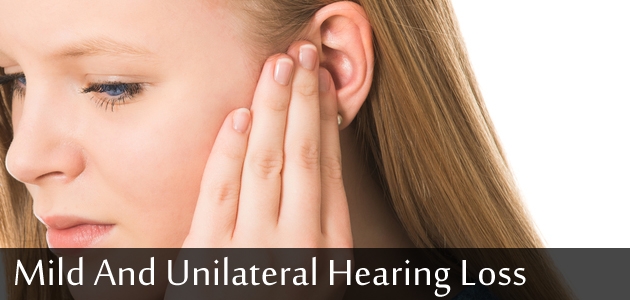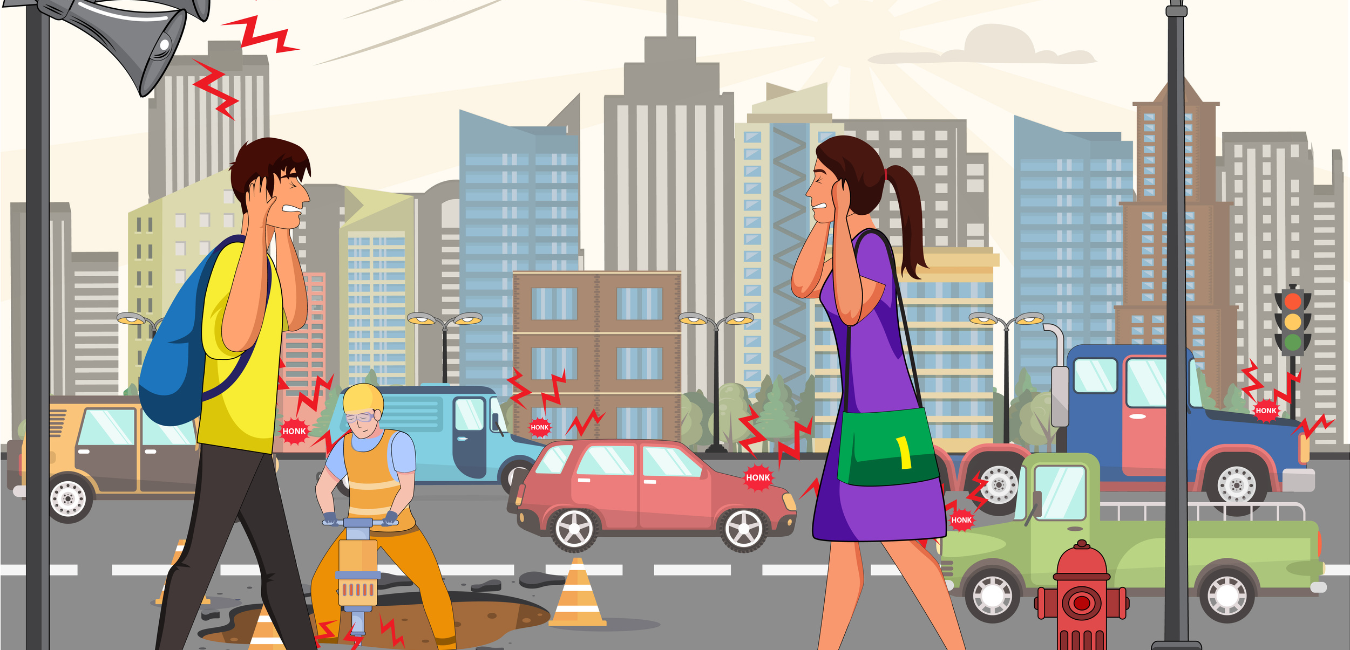What is the Difference Between Mild and Unilateral Hearing Loss?
Hearing loss in children can have significant effects on their education and behaviour. Both mild and unilateral hearing loss are commonly found in infants and young children and offer challenges in both school and home environments.
Although both share similar effects, their differences are often unclear. By understanding both mild and unilateral hearing loss and their implications in the well-being of children, we can implement the necessary to tools to enhance their experiences in any environment.
Unilateral Hearing Loss
Unilateral hearing loss occurs when an individual has impaired hearing in one ear, while the other remains fully functional. It is often referred to as single-sided deafness.
In some cases, one ear has lost all hearing ability, allowing the individual to only hear in monaural. This is known as profound unilateral hearing loss and makes it difficult for individuals to achieve full hearing comprehension.
Those experiencing profound unilateral hearing loss can hear approximately 35% of conversations when background noise is presented at the same volume.
Mild Hearing Loss
When hearing loss occurs in both ears, it is considered mild bilateral. Mild refers to the level of hearing loss. This level is determined according to the sound intensity that can be detected above a specific threshold, and is measured in decibels (dB).
Mild hearing loss in children is measured at between 20 and 40 dB of hearing loss. For adults, the range is between 26 and 40 dB.
Effects of Hearing Loss
Among the many effects of hearing loss, it’s been shown that children who experience mild bilateral or unilateral hearing loss have challenges related to academic and behavioural areas of life. Their communication abilities can also be affected in their inability to fully hear what others are saying.
Language development can be delayed in children who’ve experienced hearing loss. In cases where loss of hearing is treated after the age of 6 months, it has been suggested that children experience a high risk of delays in development.
The difficulties are further emphasized in classrooms where background noise can impair the perception of speech for these children. Educators and audiologists have focused on this population as they explore the difficulties that arise. Despite the research that has been performed, there is still much to be learned about the development issues resulting from hearing loss.
Recognizing and treating hearing loss at an early age can be beneficial to the future of child development. Mild and unilateral hearing loss has been shown to affect the development, education, and behaviour of young children.
As more research on hearing loss among young children is performed, we’ll continue to gain a deeper understanding of how to maximize the education and growth of our children.








